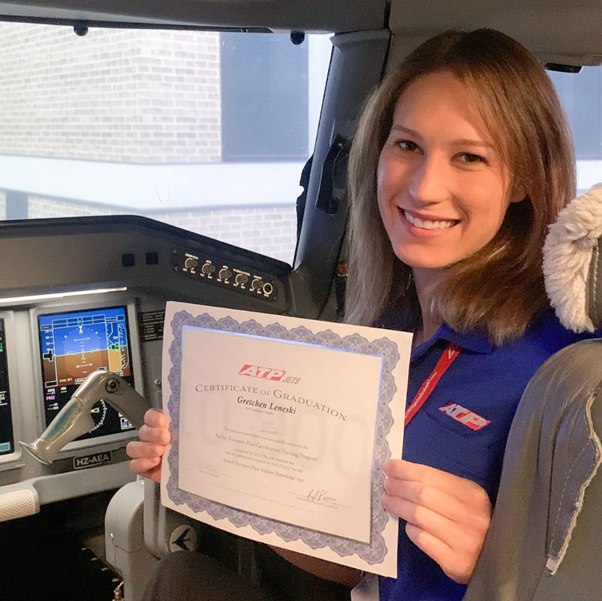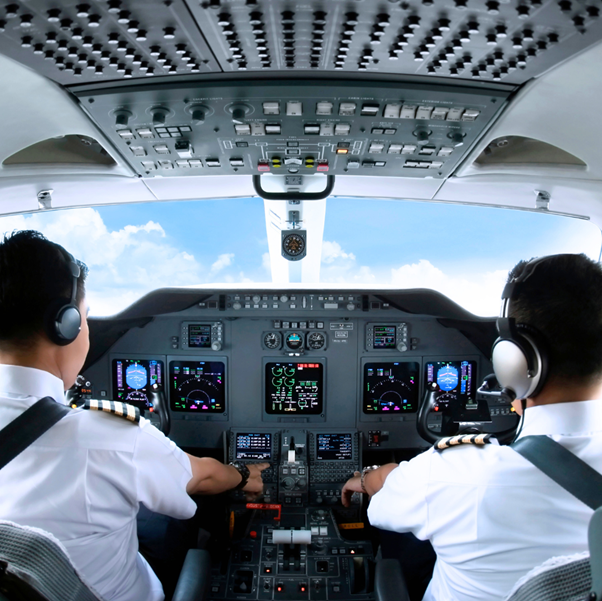Dreaming of taking to the skies as a commercial pilot? Acquiring a commercial pilot license is a thrilling and rewarding journey that requires dedication, perseverance, and a passion for aviation. To help you navigate this path successfully, we have compiled seven essential tips to guide you towards obtaining your commercial pilot license. So, fasten your seatbelts, and let’s soar through these valuable insights.
1) Research and Choose a Reputable Flight School
Choosing the right flight school is crucial in your journey to becoming a commercial pilot. Research and evaluate different flight schools, considering factors such as their reputation, training programs, aircraft fleet, instructor qualifications, and success rates of their graduates. Opt for a school with a solid track record and a supportive learning environment to ensure a high-quality training experience.
2) Create a Structured Study Plan
Obtaining a commercial pilot license requires a structured and disciplined approach. Develop a study plan that outlines your training objectives, timelines, and milestones. Organise your study materials, create a schedule for ground school sessions, flight training, and simulator practice. Having a well-structured plan will help you stay focused and make steady progress throughout your training.
3) Embrace a Growth Mindset
Aviation is a field that demands continuous learning and adaptation. Embrace a growth mindset, viewing challenges as opportunities for improvement rather than setbacks. Recognize that each flight and training session is a chance to develop your skills further. Stay open to feedback from instructors, learn from your mistakes, and always strive for improvement. A positive and resilient mindset will fuel your progress and help you overcome obstacles along the way.
4) Prioritise Flight Training
Flight training is the core component of obtaining a commercial pilot license. Dedicate sufficient time and effort to your flight training sessions. Practice consistently, engage actively with your instructor, and take advantage of every opportunity to refine your flying skills. Treat each flight as an opportunity to gain experience and build confidence in various manoeuvres, cockpit procedures, and decision-making.
5) Develop Strong Communication Skills
Effective communication is vital for safe and efficient flight operations. Aspiring commercial pilots must develop strong communication skills, both verbal and non-verbal. Practise clear and concise radio communications, enhance your ability to listen actively and comprehend instructions quickly. Additionally, focus on cultivating excellent interpersonal skills, as collaboration and teamwork are integral parts of the aviation industry.
6) Maintain a Well-balanced Lifestyle
While the pursuit of a commercial pilot license requires dedication, it’s important to maintain a well-balanced lifestyle. Take care of your physical and mental well-being by getting sufficient rest, eating nutritious meals, and engaging in regular exercise. Manage your stress levels effectively and find healthy outlets for relaxation. A healthy and balanced lifestyle will contribute to your overall performance and ensure you’re at your best during training.
7) Network and Seek Mentorship
Building a strong network within the aviation community can provide valuable guidance and opportunities. Attend aviation events, join industry associations, and connect with fellow aviation enthusiasts and professionals. Seek mentorship from experienced pilots who can offer insights, advice, and support. Networking and mentorship can open doors to job opportunities, internships, and valuable connections in the aviation industry.

Conclusion
Obtaining a commercial pilot license is an incredible achievement that unlocks countless opportunities in the aviation industry. By following these seven tips – researching flight schools, creating a structured study plan, embracing a growth mindset, prioritising flight training, developing strong communication skills, maintaining a well-balanced lifestyle, and networking – you’ll be well on your way to achieving your dream of becoming a commercial pilot.
Remember, the journey to obtaining your commercial pilot license may have its challenges, but with perseverance, dedication, and a passion for aviation, you can conquer the skies and turn your dream into a reality.
Take the first step towards your dream career as a commercial pilot today. Research flight schools, create your study plan, and embark on this thrilling adventure that will lead you to the skies. The sky awaits your wings, and the world is yours to explore. Visit Aeroviation to learn more about commercial pilot license.



